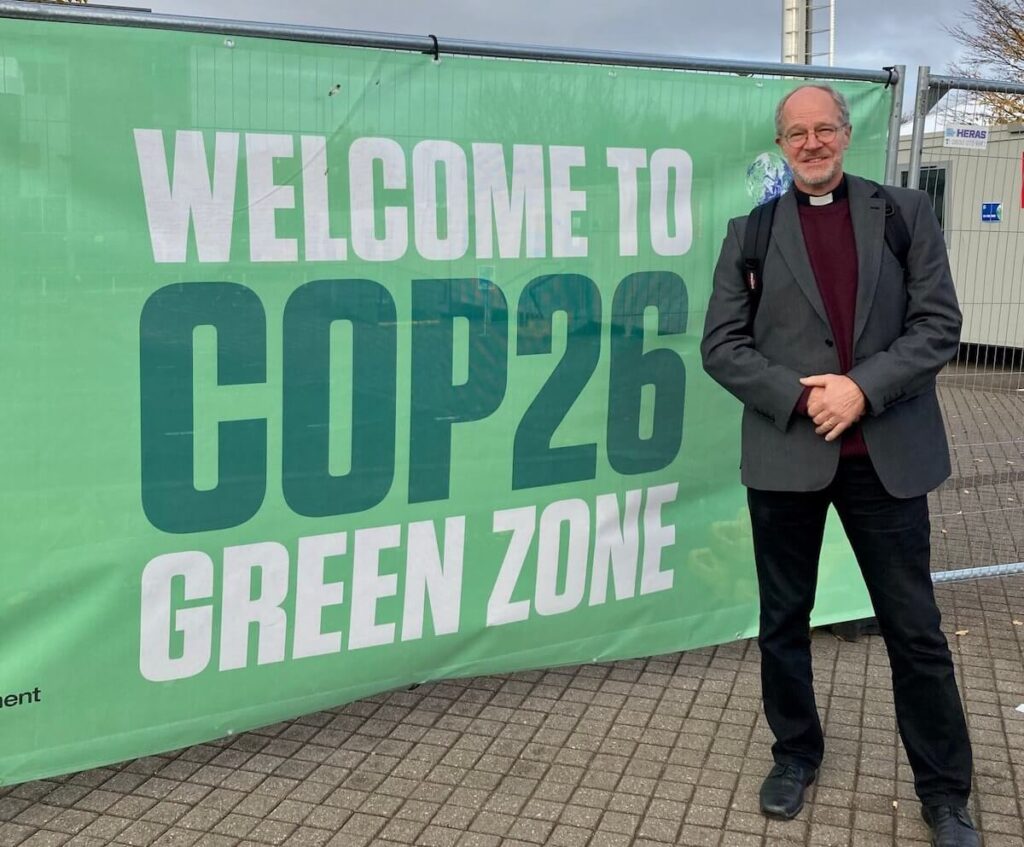By Dr Ian Donald
“He will be alright won’t he, doctor?” is the sort of cry I would hear from a daughter when her ageing father was admitted to hospital, desperate for confident reassurance. Somehow, our assumption of health, or our faith that the health service will always be able to put things right, helps us to avoid facing up to frailty and ageing. But it is this desperate need for certainty that I wish to explore here.
Some of you reading this will be aware of the course “Ageing gracefully” which I created under Dan’s encouragement in the autumn of 2023. And perhaps some of you have attended one of these courses – I have run the course 6 times now! One of the topics we explore is healing in the context of old age and frailty. Google hoodwinks us to believe that the truth, the answer, is to be found after a few clicks. And if the answer is not found easily, then, as in the American medical drama “House”, the certain answer will be revealed if you just persevere with more tests!
And this is often the experience for older people going into hospital. Diseases do not necessarily present in the classic manner with a patient able to give a precise history. Rather, the symptoms are a little vague, and in all likelihood there are a number of bodily systems not working quite right. This then triggers a number of investigative pathways, pursuing varying degrees of likelihood. “Just to be certain, we need to run a few more tests and another scan”, the anxious relative hears. By now the patient is wilting under the exhaustion of tests. Doctors do not live comfortably with uncertainty either – the further tests are just as often to reassure them as an anxious relative.
Wise older people, those who have been exposed to the drama of real life, know and understand there is no such thing as certainty. They may have believed in certainty when younger, the ‘black or white’ options when facing choices. When some of the noise of life quietens, the wise discover a simpler truth, the kernel of things, what really matters. The wisdom of old age has learnt to live with uncertainty, and to be comfortable with this. Life is unpredictable, and when you are 85 years old you take nothing for granted. Yet if you have never faced up to ageing, or reflected on life’s journey, healthcare may be one area where you still cling to certainty.
This ought to be easier for the Christian, who has lived a life of faith. After all, faith is the opposite of certainty – if it was certain, there would be no need for faith. At the root of this, I suggest we have been tricked into thinking that the truth is found purely in the science. The science – the scan, test etc – may reveal the cause of the problem, but the truth is wider than this and encompasses the meaning. The future for a cancer patient is so much more complex and uncertain than that implied by the latest scan. For the older person encountering ill health, the truth is to be found in the meaning of the remainder of their life.
Jesus understood this, and the apostle John sees the significance of seeking the truth – his gospel quotes Jesus speaking “truth” 50 times! The compassionate truth is perhaps found less in the test result than in the trust found in the doctor-patient relationship. John sees truth as about encountering the person of Jesus. So often, Jesus speaks truth into lives and brings the offer of freedom. To those who put their trust in Jesus, He says “Then you will know the truth, and the truth will set you free”. A more important truth, one that perhaps brings freedom, may be found in honesty, compassion, and kindness in the doctor-patient partnership.
So my suggestion is to pay as much attention to seeing the meaning behind the illness as you do to understanding the medical cause – in this way God may be able to speak truth into your life. And seek to trust that God will direct your path in all those uncertainties.


